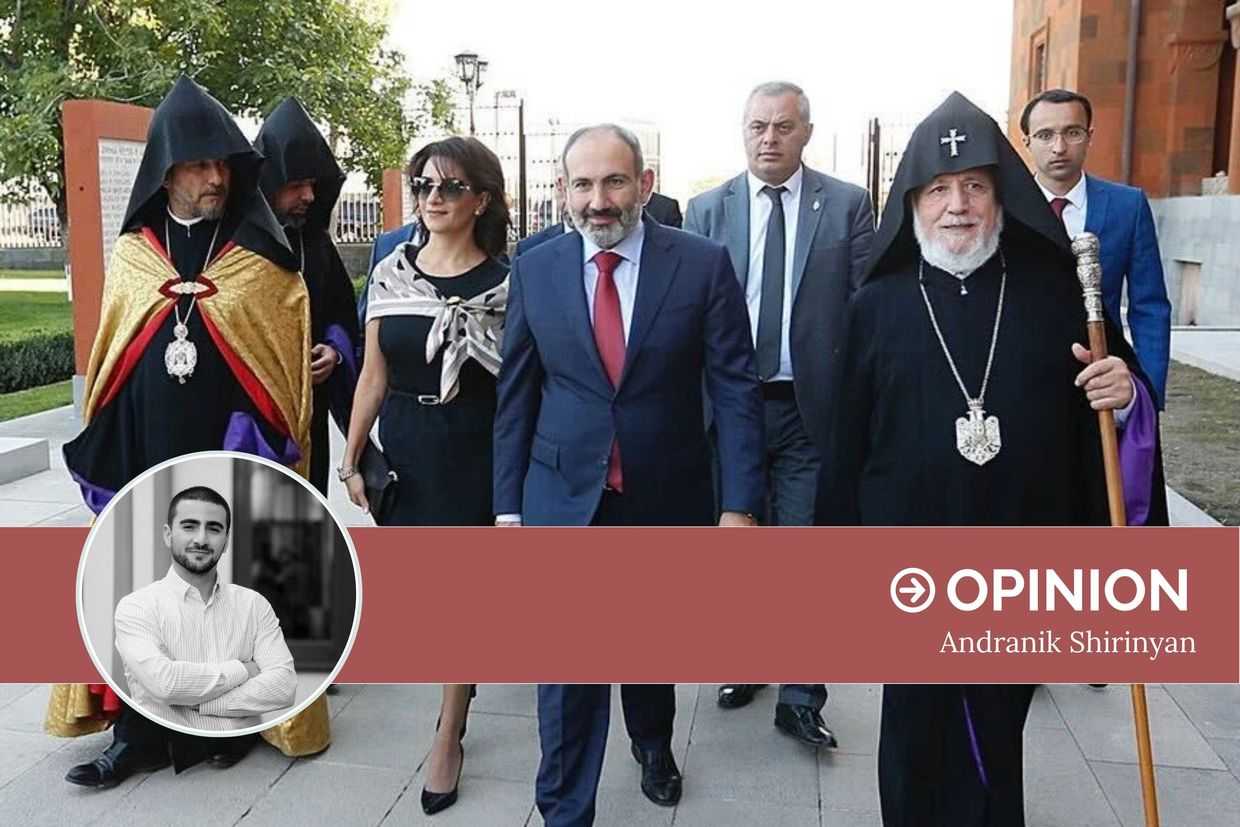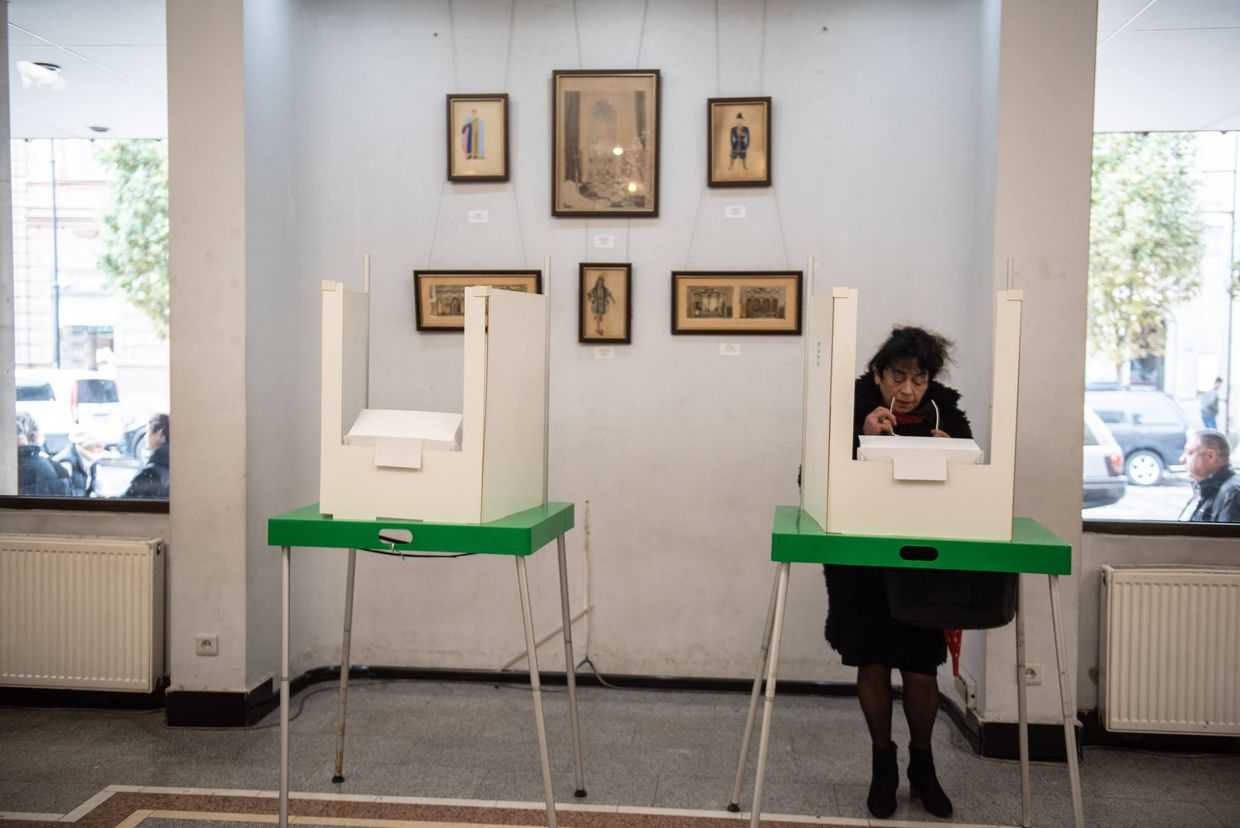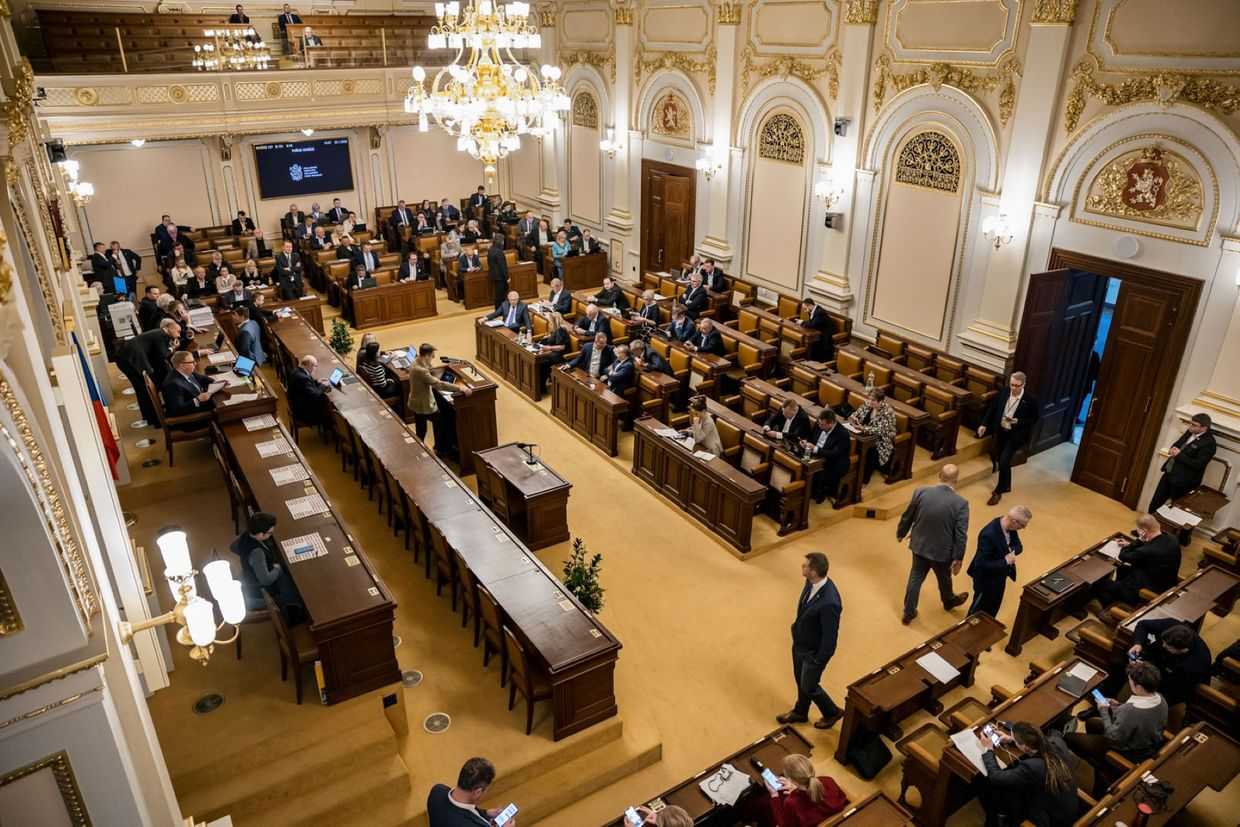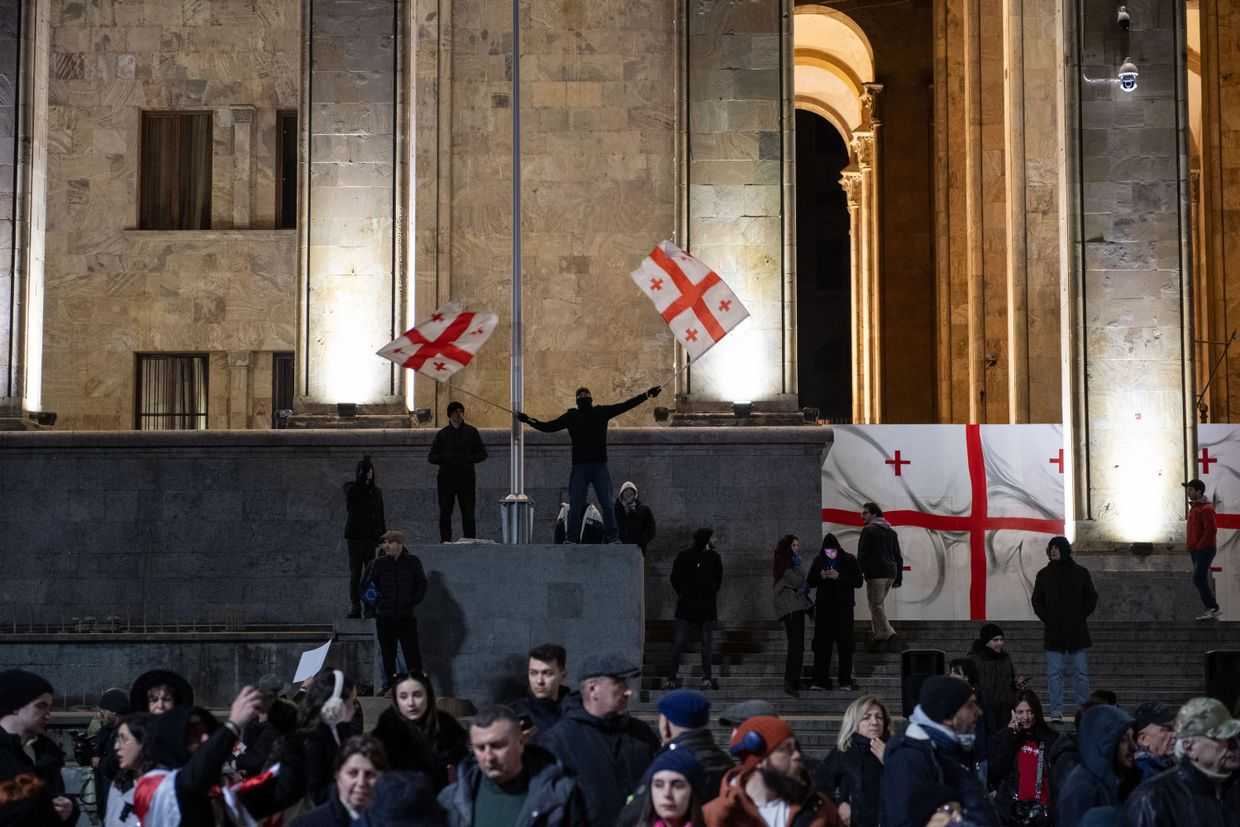
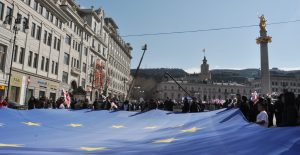
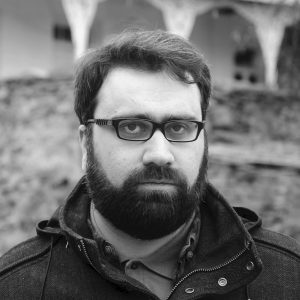
Georgia’s political elites are engaged in heated debates over a number of issues they claim are of existential importance to the country. These circuses, in which different interest groups fight for their own elitist agendas, has very little relation to the views and needs of ordinary Georgians.
Ostensibly, in contemporary Georgia, as in ancient Athens, all citizens are experts in political life. But, a majority of Georgians use their ‘expertise’ only in informal circumstances, in taxis or with friends in cafés. Political apathy among Georgians has led them to avoid political commitments and reject acting politically, and has allowed politics to become the playground for political and civic elites, who follow their own elitist agenda.
Current debates among the political and civic elites on constitutional changes in Georgia completely mirror the most awful tendency of the ‘elitisation’ of politics. Within the State Constitutional Commission and outside of it, politicians and various interest groups are debating two topics which have a completely elitist character, and are completely disconnected from the social and political reality of the country.
Georgian Dream vs the president: winner takes all
The first of these debates surrounds the role and functions of the president. Georgian Dream, the ruling political party, is very sceptical towards the powerful functions of the president. Some leaders of the party argue that as Georgia strives to entrench the model of a parliamentary republic, it is logical to restrict the powers of the president and to change how they are elected. They argue that the president should be elected in an indirect way, meaning that not the public, but lawmakers, should elect them.
Conversely, though the president’s administration has declined to take part in the work of the commission, President Margvelashvili and his supporters both from political and civic elites argue that in suppressing the power of president, Georgian Dream wants to degrade Georgia’s democracy.
One group argues that the Western European model of parliamentary republic, where the president has a mostly symbolic role, must be the principal form of governance, while the other argues that such a system will not advance Georgian democracy, as the president must have an important role in political life as a guarantor of democracy in the country.
Considering the theatricality of the confrontation, it is striking that almost everybody in Georgia is convinced that this particular debate is not about how to save Georgian democracy, but rather about opposition to either the ruling party or the president. The debate is merely a mirror of existing conflicts between the two sides, but neither side is honest enough to admit this. On the contrary, both attempt to legitimise their ambitions and interests in the name of ‘the people’ and ‘democracy’.
Georgians want solutions to real problems
But are people really interested in this particular topic? Is it really so critically important for Georgian democracy to define the role and functions of the president? My guess: no. Georgians expect their disparate politicians to find compromises and to deal with problems which actually affect their lives. Sadly for them, the priorities of Georgia’s mainstream political elites are always apart from the real needs of society.
For instance, inequality and social injustice — the most principal problems that the country faces — never even enter the political conversation among the elites. Such problems are knowingly marginalised by the Georgian state. It is sad and quite grotesque to see how Georgian political elites are strongly convinced that there will be democracy in the country without equality. They believe that formal rituals of contemporary political life, like debates among the various political actors, are the major determinants of democracy. Given this, we must not be surprised that such elitist politics results in increasing democratic nihilism.
The dogma of European integration
Another topic of heated debate among the elites is Georgia’s aspirations for European integration. Certain members of the constitutional commission, mostly non-governmental organisations, demand that the preamble of the Georgian constitution reflect clearly that Georgia is devoted to its European integration. This is the most irrational and anti-political approach from Georgia’s leading civic elites.
There are three major arguments to illustrate the irrationality and even immorality of this initiative. Firstly, defining a country’s foreign policy should be the competence of parliament, which should take foreign policy decisions according to the rational and pragmatic interests of the country. Secondly, by lobbying for this particular change in constitution, Georgian civic elites are in fact lobbying for their own class interests, as they attempt to strengthen the dominant positions of non-governmental organisations and their donors. Thirdly, discourse on European integration represents a new paradigm of ideological hegemony in Georgia, and it functions as a technique for social control. Thus, everything is like in the Soviet Union, only the enemy has been changed. Now enemies of Georgia are those who are critical of the empty idea of European integration, as in the Soviet Union, the enemies of the Bolshevik project were defined as enemies of the state.
What’s more dramatic and even quite funny, is that neither the civic nor political elites of Georgia, who idealise contemporary Europe, dare to speak about the current crisis of democracy in Europe. While Georgia’s pro-European elites speak loudly about the threats of populism and right-wing extremism in Georgia, they tend to forget that democratic nihilism and a revival of right-wing populism is a major challenge in today’s Europe as well.
This process of constitutional debates is simply a battlefield between political elites and interest groups to pursue their own pragmatic interests. The political elites use this process to achieve and implement their own agendas, while for civic elites, this is a mechanism to push and agitate for their own elitist liberal values. The interests and voices of the ordinary citizens of Georgia are, as always, completely absent.
